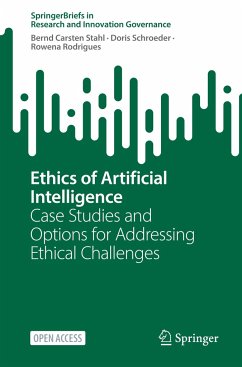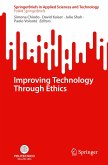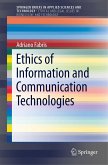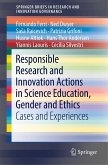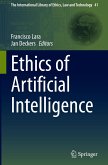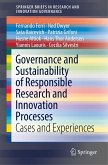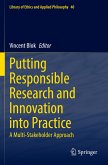This open access collection of AI ethics case studies is the first book to present real-life case studies combined with commentaries and strategies for overcoming ethical challenges. Case studies are one of the best ways to learn about ethical dilemmas and to achieve insights into various complexities and stakeholder perspectives. Given the omnipresence of AI ethics in academic, policy and media debates, the book will be suitable for a wide range of audiences, from scholars of different disciplines (e.g. AI science, ethics, politics, philosophy, economics) to policy-makers, lobbying NGOs, teachers and the educated public.
"Ethical Machines: Your Concise Guide to Totally Unbiased, Transparent, and Respectful AI, the first book in this brief literature review ... . This is explained by the intended audience of the book, which presents itself as a practical handbook for policy makers, engineers, and other professionals involved in the design, development, and deployment of AI. ... The book is systematically structured. ... The illustrative examples drawn from real-life events are one of the main assets of this book." (Christian Goglin, Journal of Business Ethics, Vol. 188 (3), 2023)
"The present book examines the complex ethical landscape surrounding AI. ... The concluding chapter serves as a synthesis of the ethical concerns and debates surrounding AI as discussed throughout the book. The core argument revolves around the notion that the ethical challenges posed by AI are often not intrinsic to the technology itself, but arise from its application, deployment, and reliability in various contexts." (M. Caramihai, Computing Reviews, November 10, 2023)
"The present book examines the complex ethical landscape surrounding AI. ... The concluding chapter serves as a synthesis of the ethical concerns and debates surrounding AI as discussed throughout the book. The core argument revolves around the notion that the ethical challenges posed by AI are often not intrinsic to the technology itself, but arise from its application, deployment, and reliability in various contexts." (M. Caramihai, Computing Reviews, November 10, 2023)

